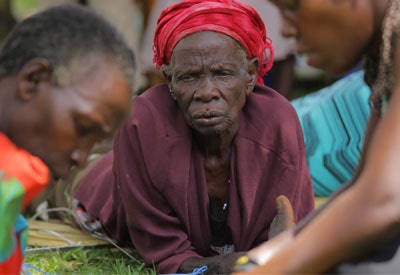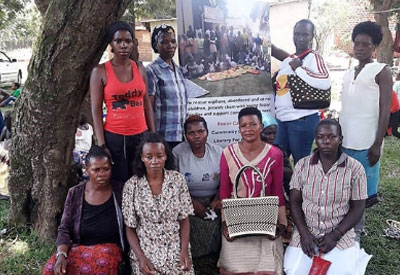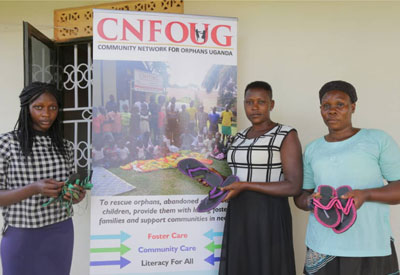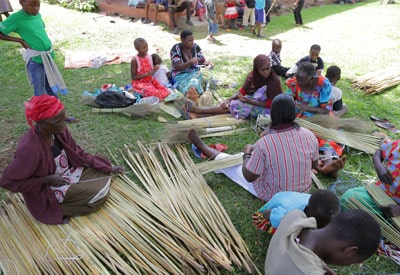BASED ON LOCAL CREDIBILITY – All participants are local village members
FISCAL RESPONSIBILITY – Each working group (about 10 members) sets its own weekly monetary goal, short and long term objectives.
WORKING BUDGET – Each working group commits to a budget, sets cash flow on procurement and recruits the best members, and distributes its work.
COMMUNITY NETWORK – For Foster Parents, we provide – Business mentors, an operational and contingency budget to address unforeseen expenditures that could disrupt progress.









